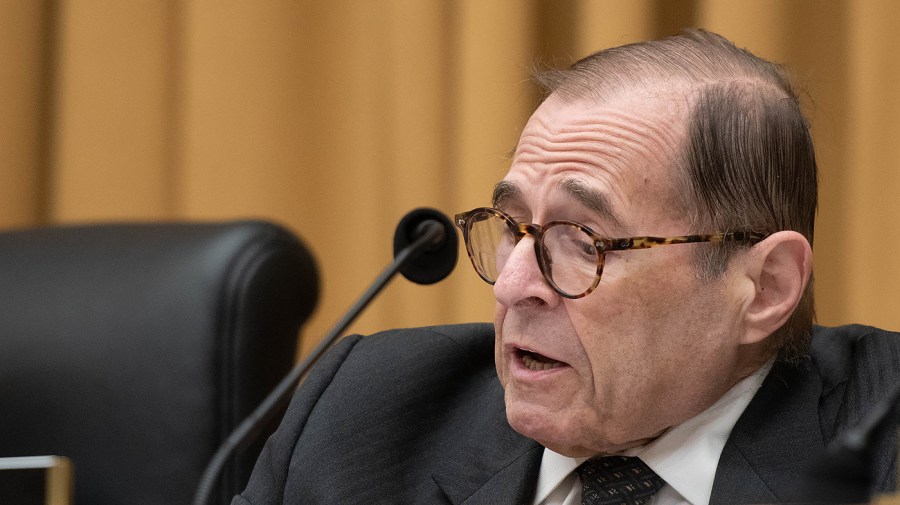The provisions in the bill, if passed, could represent some of the biggest health policies in Congress this year.
The health portion runs more than 550 pages and contains:
- Pharmaceutical benefit manager (PBM) industry reforms
-
Extensions of Medicare telehealth flexibilities
- Reauthorizations of legislation to prevent pandemics and address the opioid crisis
- Payments to community health centers
-
A rollback of physician payment cuts and other policies.
The PBM changes would put guardrails on the business practices of the industry, something that’s been a bipartisan priority for years but, until now, never made it to the finish.
- The package includes a ban on linking PBM compensation to a drug’s Medicare list price.
- The bill also requires PBMs to “fully pass through 100 percent of drug rebates and discounts … to the employer or health plan.”
-
The package includes new reporting requirements to increase transparency
- It would ban “spread pricing,” changing how PBMs get paid by Medicaid for prescription drugs.
The three biggest PBMs are UnitedHealth Group’s Optum Rx, CVS Health’s Caremark and Cigna’s Express Scripts.
PBMs wield enormous power on the accessibility and affordability of prescription drugs, and those three companies represent about 80 percent of all U.S. prescriptions.
PBMs also negotiate the terms and conditions for access to prescription drugs for hundreds of millions of Americans. They are responsible for negotiating prices with drug companies, paying pharmacies and determining which drugs patients can access and how much they cost.
The industry has faced intense scrutiny on Capitol Hill this year, and essentially every committee with jurisdiction over health care has drafted PBM reform legislation.



















